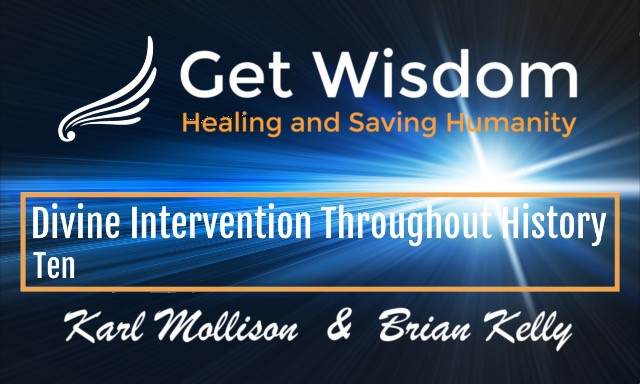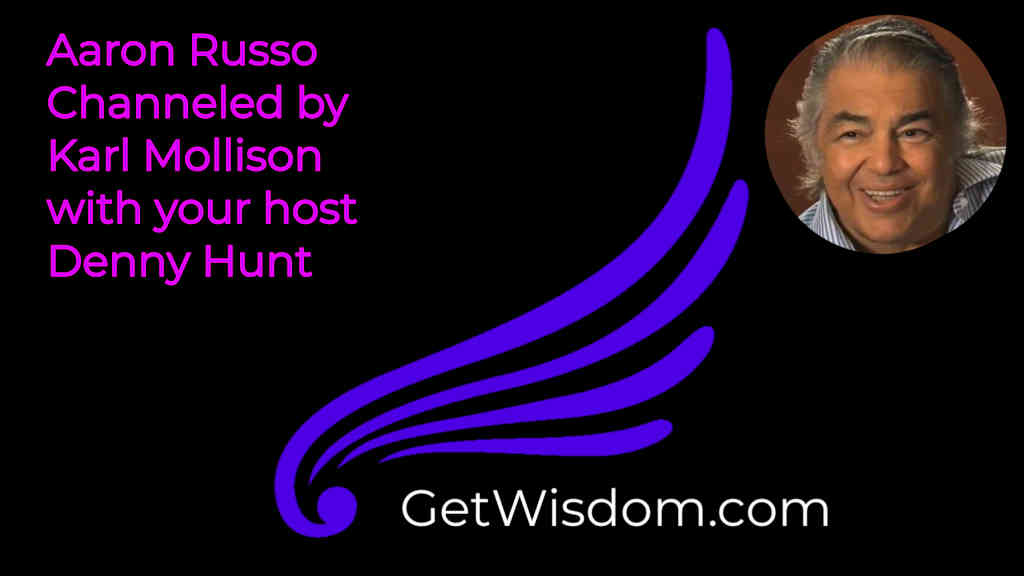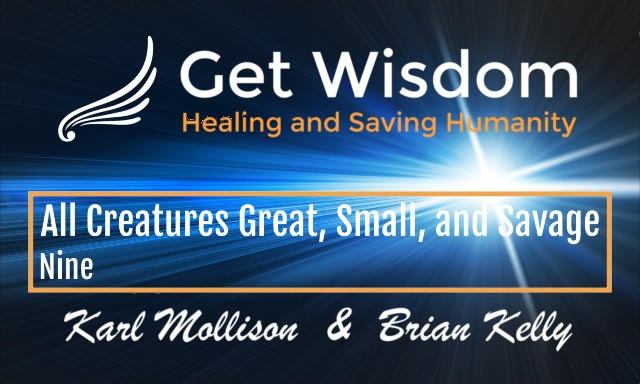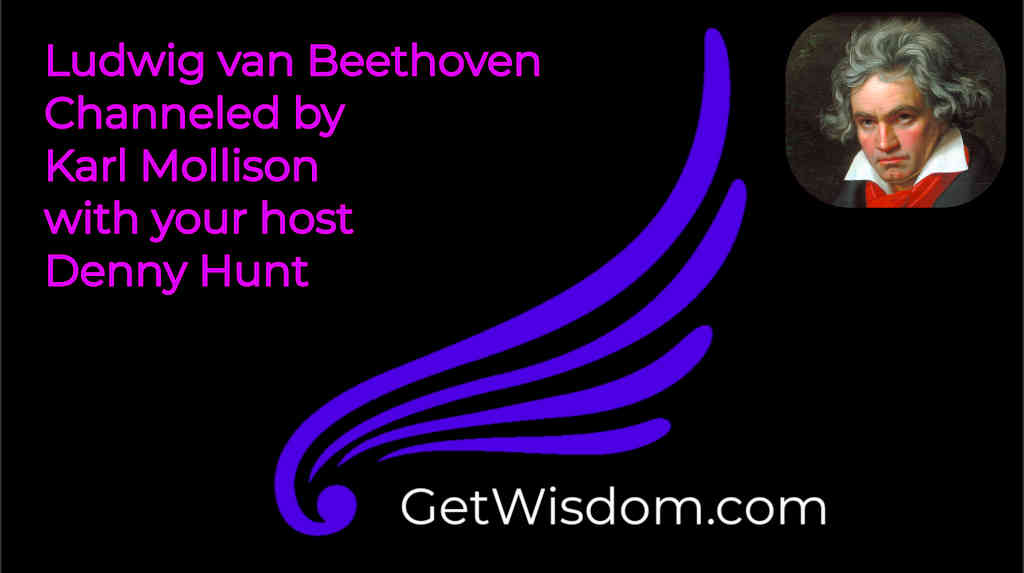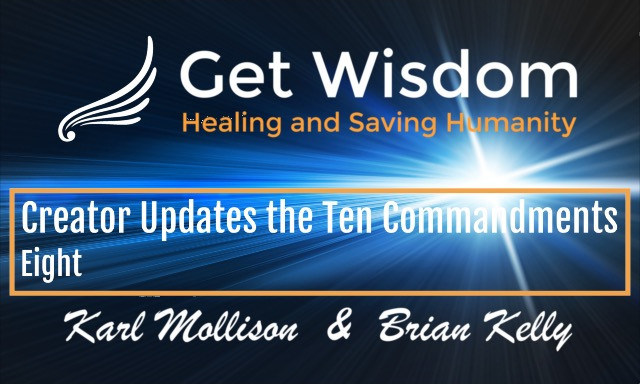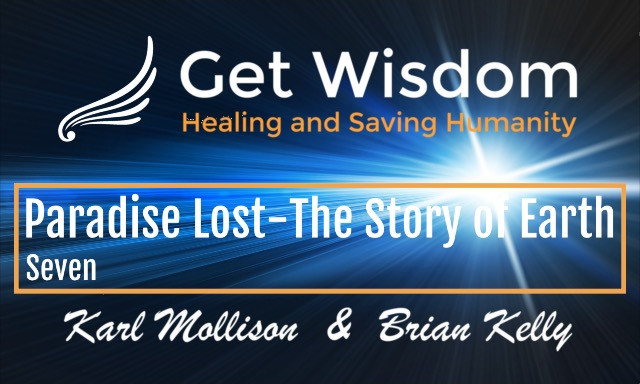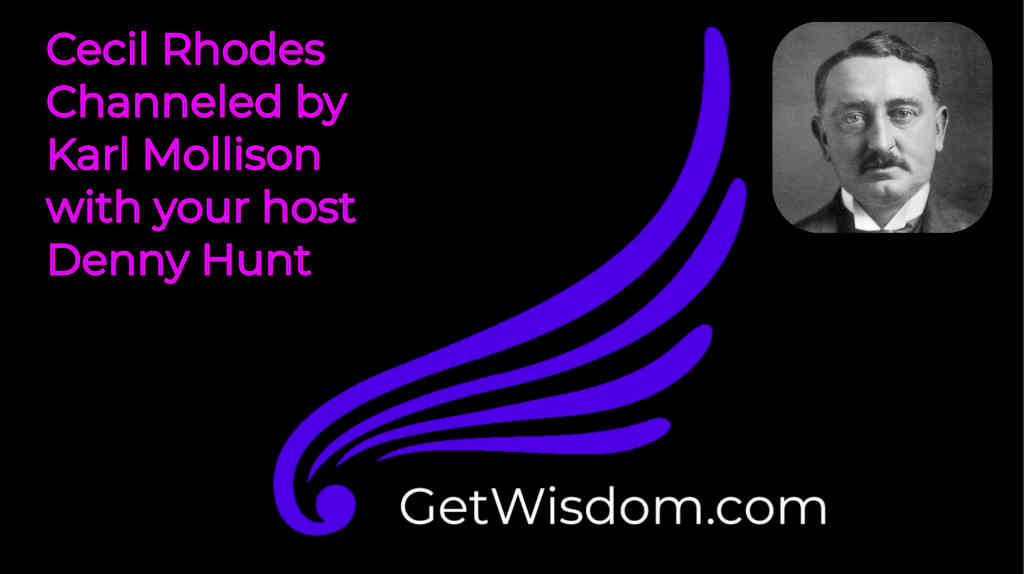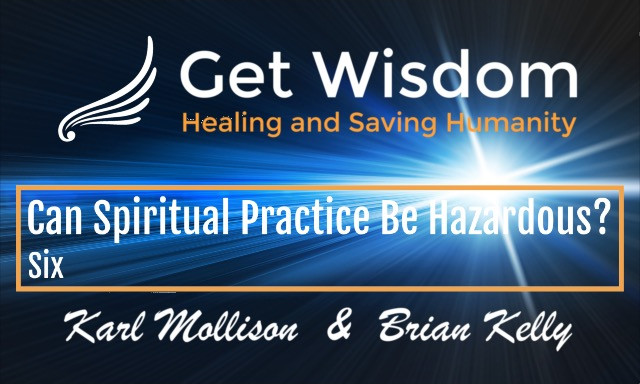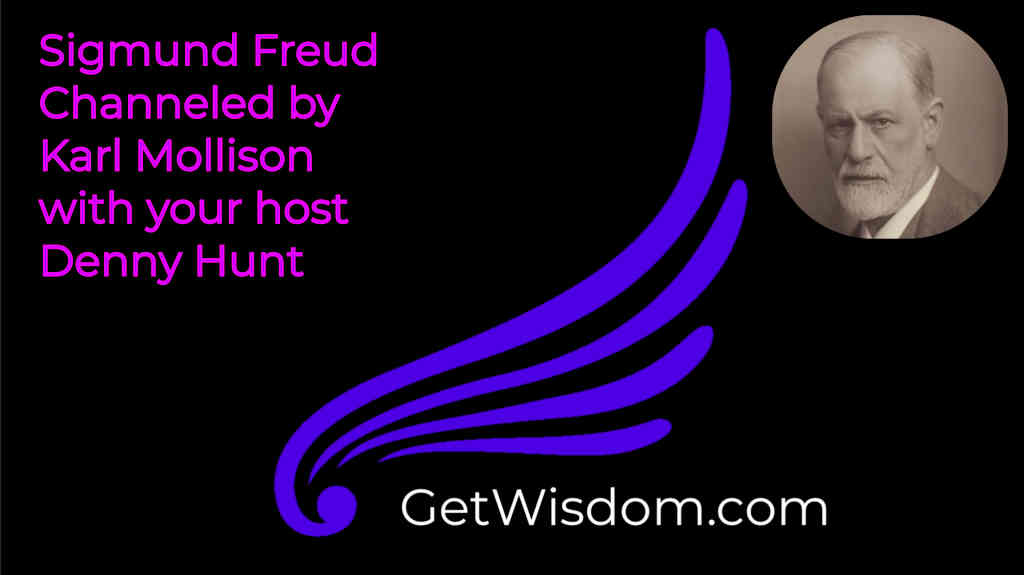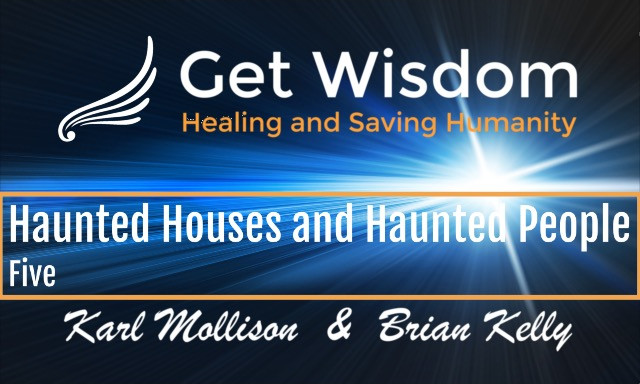Divine Intervention Throughout History
- In what ways has humanity benefited from a Divine Source of wisdom and love supporting and guiding us?
- Are Biblical stories of cataclysms true?
- Have we actually been rescued from disasters and harsh rulers by the Almighty going back to pre-biblical eras?
- Through the blessing of being able to communicate with the Almighty directly, Get Wisdom is here with a divine update for today’s world.
- Creator explains new revelations about creation of humanity, the perils we have faced, and what we can do about the challenges that lie ahead.

